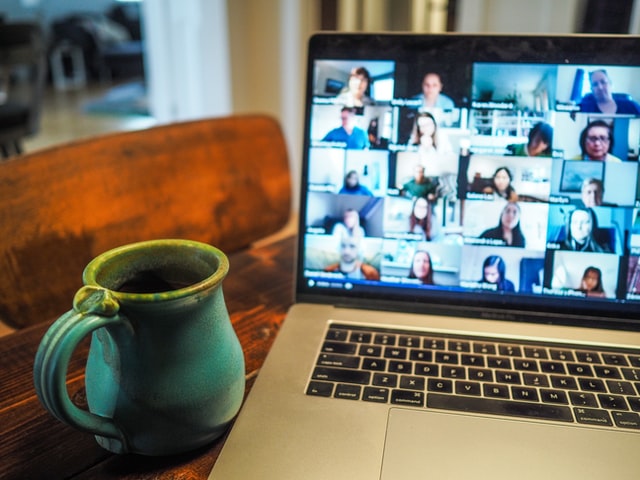
Blockchain networks are predetermined to be anonymous, but what happens when something goes wrong? How can we be sure the network always takes the best possible action? Fortunately, blockchain developers thought of this ahead of time, incorporating governance into a network's core foundation. The community, rather than one central party, chooses what happens and their decisions are enforced via a Decentralized Autonomous Organization, or a DAO.
What is a DAO?
While blockchain technology is poised as the future of app development, DAO's are the future of digital communities behind those apps. A DAO is made up of smart contracts, essentially automated if-then statements. For example, in a freelancer and client relationship, the client would establish a smart contract with the project's requirements and upload money into escrow. If the freelancer delivers based on requirements, then, and only then, will the money be released.
Each smart contract is an immutable rule built into the network's core, mostly focusing on automating tasks. Tasks like the transfer of value or change in permissions are entirely automated. However, a DAO cannot automate everything.
For example, if a protocol change is necessary, the network can't implement it into itself or even realize something's wrong. This is where the governing community comes in. Instead of one leader like a President making decisions, a group of dedicated users vote on any changes based on how much money they invest or stake into the network. Users have equal weight in decision-making, creating a community council of sorts. Investors earn interest based on their participation, creating an incentive.
The idea is that those who have the most money at stake would do whatever it takes for a network's success. As long as they stake, the DAO can continue, and the network can continue to run. That's not to mention, the lack of a central party means there are no additional fees for participating.
Platforms like Upwork take 20% of funds from freelancers - a service fee for using their platform. On a DAO-run network, freelancers would take close to 100% of their earnings. The community could also vote for other accessibility policies to entice more freelancers.
How a DAO Creates Online Communities
What's great about a DAO is that anyone from anywhere in the world can participate. Time and language barriers do not matter, as the only requirement is to stake your funds. These factors are a fantastic foundation for building a community.
Let's take an online game, for example. If one aspect of the game isn't balanced correctly, users can vote to change it. Those who have been playing the game for a long time, AKA long-time stakers, will be respected by all in the community. Their input would hold great weight, and the community would look up to these players. However, even smaller stakers would get a say in this change. After all, a smart contract would withhold an update until enough votes are for it. Nobody can alter that function.
Over time, discussing and voting on different changes would build a sense of community. These players are not only playing together but shaping the game as they see fit. There's no company to disagree with their changes or suppress user opinions. The participants decide everything.
Another example is PhoenixDAO. The company is building an events dApp for users to create events. Those events can have free or paid attendance. Frequent attendees will meet others via these events, and they can then start making their own events, and so on. Eventually, certain event creators will be recognized by frequent attenders, building an entire community of users who do things together.
A DAO holds the power for users to create a digital community with as little friction as possible. There's no central party to stand in the way, nor a way for bad actors to mess with the rules. Everyone has some say in the network, bringing a sense of belonging to everyone and building the future of digital communities.
* This is a contributed article and this content does not necessarily represent the views of techtimes.com








